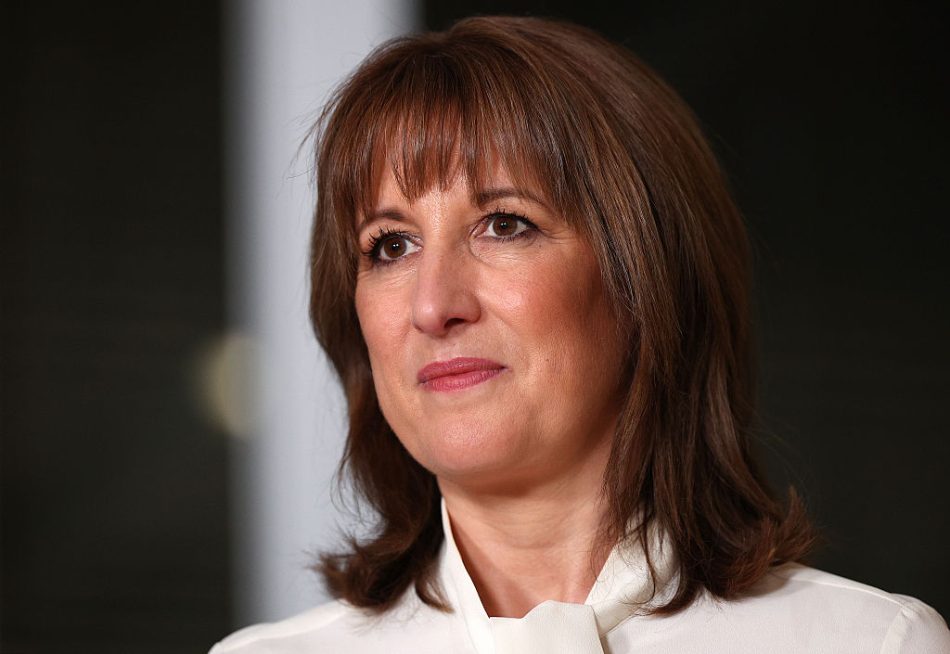I wasn’t intending to write about Lily Phillips again. Her story would ideally be ignored. But if it does appear in the media, we must be vigilant about how it is represented, especially if the BBC is doing the representing. On some issues, neutrality is a bogus aspiration. It means allowing a very dubious narrative to stand, because contesting it would be awkward.
I am talking about Newsnight’s interview with Phillips this week, and the studio debate that followed it. Victoria Derbyshire, whom I generally rate highly, failed to challenge Lily Phillips in any serious way. Instead she allowed her to present herself as an authority on sex. She asked her, at length, about her early exposure to pornography, and noted that such exposure was common in her generation. This implied that Philips was a sort of spokesperson for her generation. ‘Sex is a part of life’, said Phillips at one point – Derbyshire should have asked her what she meant by ‘sex’. Then she distanced herself from extreme pornography, saying that she had ‘normal sex’ with guys. This too should have been challenged. Her final comment was this: ‘I think there’s always been women like me who have sex – the difference is that we talk about it online, we’re open about it.’ This too should have been contested – what on earth did she mean by ‘women who have sex’? Instead, those were the last words of the interview.
Then Derbyshire was joined by the journalist Sarah Ditum and Reed Amber, a sex-worker. Amber immediately came out with this: ‘I love the fact that [Lily Phillips] was saying that lots and lots of women across the globe also enjoy sex – I think that we have a really negative spin on the way we see sex – there’s a lot of stigma around not only sex but people who enjoy sex, and also people who enjoy sex for money.’ Ditum contested this pretty effectively: ‘I think there’s a really important difference between talking about female sexuality and talking about commercialised sexuality – they are very, very different things, and I think it is a mistake to parcel them together as the same thing.’ Spot on – but she should have been blunter. Her fellow-guest seemed not to understand the point, and maybe half the audience missed it too.
Let me put it bluntly, then. Sex-workers who claim to speak for modern liberated females should be sternly rebuked. They have an eccentric idea of sex, to put it politely. When a sex worker says that sex is a healthy desire, not something to be prudish about, we should respond like this: ‘No, no, no. You do not have the right to speak about sex, as it is generally understood. What you do, making money from your body, whether you charge people for having sex with you or for watching, is not sex as it is generally understood. It is a weird offshoot of it. Sex, for almost all of us, is rooted in committed relationships, and the serious slow business of psychological intimacy. If you by-pass these roots you are not qualified to speak about sex in the full sense.’








Comments